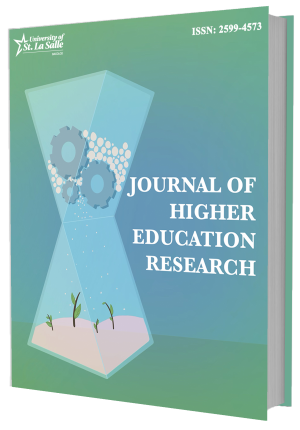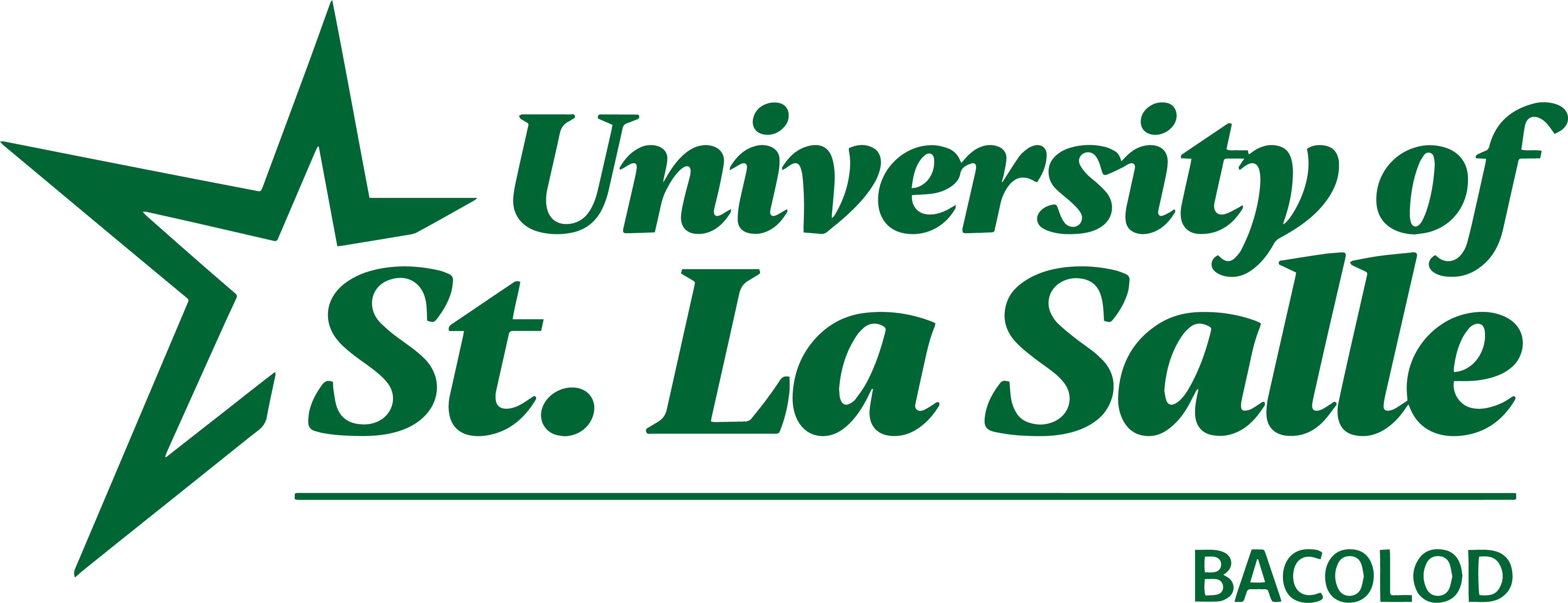Integrated Sustainable Ecotourism Development Plan Through a Community-Based Approach for Bago City and Pulupandan
https://doi.org/10.70228/JHER2024016
Cite this article Read this article
ABSTRACT
Rapid tourism growth patterns in domestic and international markets continue to impact people and the environment at tremendous speed and scale, propelling continued interest in the concept and implementation of sustainability. Previous studies of Irrawaddy dolphins reveal positive community beliefs regarding their social, economic, and environmental contribution to the local government of Bago City and Pulupandan in Negros Occidental, Philippines. In[1]depth environmental scanning on existing tourism-related facilities, tourist profiling, local community participation, and understanding of various issues, concerns, and criteria that affect coastal communities, the interplay between public and private stakeholders was processed and analyzed through quantitative and qualitative approaches, particularly descriptive statistical treatment with several focus group discussions, surveys and interviews that were triangulated across sectors. Key findings reveal higher local tourist arrivals, presence and availability of unique and natural beauty in critical areas, accessibility and availability of essential utilities, though yielded salient results in waste management concerns of Pulupandan, local community limitations in understanding tourism potentials and relevant Irrawaddy experiences, the vital interplay between public and private stakeholders is crucial to address societal, economic and environmental challenges in the sustainability of Irrawaddy dolphins. While findings support established literature on local travel patterns, the success of ecotourism-related initiatives, particularly the SUSTAINABLE ECOTOURISM DEVELOPMENT PLAN THROUGH A COMMUNITY–BASED APPROACH sustainability of Irrawaddy Dolphins, underscores extensive local community and stakeholders' commitment and support to achieve successful implementation.
Keywords: sustainability, environmental scanning, community-based participation, Irrawaddy

Volume 9, June, 2021 EDITION
Published 2021
Editor's Note
It is with great pride that we present this latest collection of scholarly contributions in Volume 9 of the Journal for Higher Education Research, highlighting the diverse research endeavors undertaken by our esteemed authors. Each study featured in this volume emphasizes the commitment to academic excellence and practical impact, addressing challenges and uncovering insights relevant to a wide range of disciplines in higher education research. Macoy and Quezon delve into real estate buyers' preferences and financing determinants, offering valuable implications for developers and policymakers in Iloilo and Negros Occidental. Peña and Tedoco explore the opportunities and challenges faced by small enterprise bakery operators, providing practical recommendations for sustainability and growth within this vital sector. Dura's linguistic landscape analysis uncovers the cultural and ideological dynamics within a public high school in Bacolod City, emphasizing the importance of multilingualism in educational environments. Similarly, Quezon addresses the crucial topic of anxiety among young adults, shedding light on barriers to help-seeking and the innovative coping strategies developed in the absence of professional intervention. The work of Gabarra and Lastimoza showcases the effectiveness of graphic-[1]based supplementary reading materials in enhancing literature instruction, bridging traditional texts with modern, interactive tools. Pillo and her team present a sustainable ecotourism plan for Bago City and Pulupandan, highlighting the critical interplay between community involvement and ecological stewardship. The study by Tirado and colleagues establishes a strong link between online engagement and academic performance, emphasizing psychological engagement as a key mediator in mathematics education. Ochavo evaluates a school-[1]administered youth facility for children in conflict with the law, offering insights into its transformative impact and areas for improvement. Finally, Capay and her co-authors examine the implementation of the carousel delivery system in modular learning, underscoring its benefits while advocating for enhancements to further improve student experiences. This issue serves as a testament to the boundless dedication and ingenuity of our authors. We would like to thank our editors and reviewers for meticulously working on these significant research works. We hope these studies inspire further academic pursuits and practical applications that benefit our communities. Sincerely, JOVAL N. MARTINEZ Editor-in-Chief


